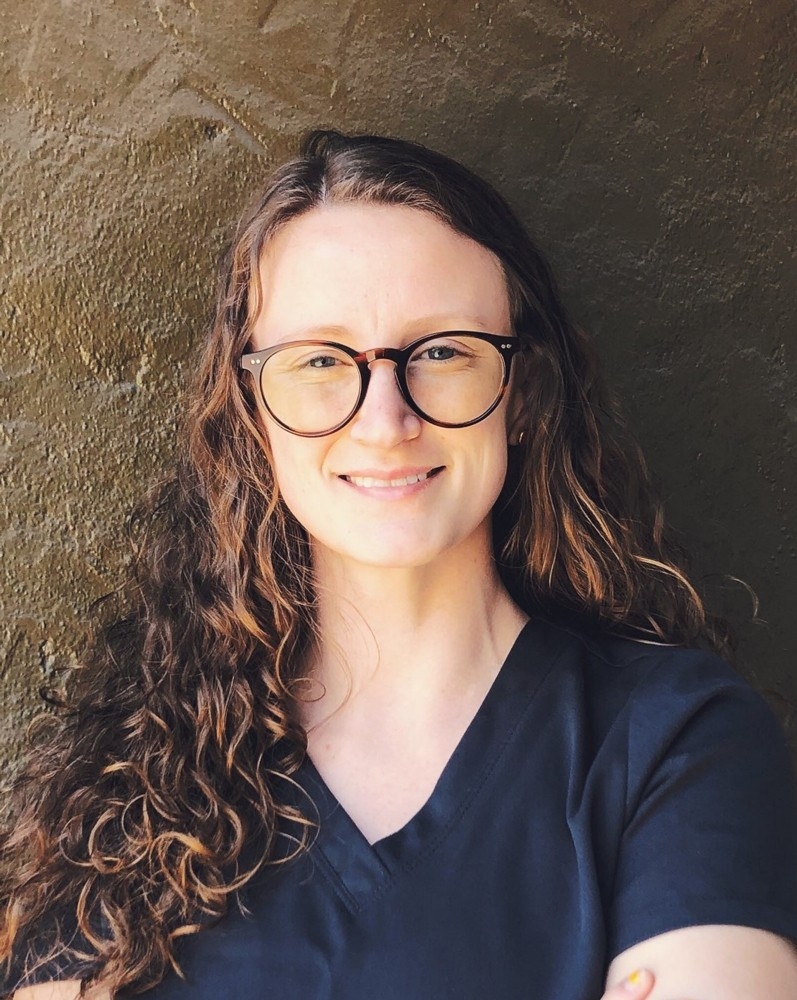


For Maggie Ward, a typical day on the job as a laboratory technologist means testing samples for infectious diseases. The senior biology student's workload increased dramatically when COVID-19 spread to the U.S. a few weeks ago.
Every 24 hours, Maggie and her lab team at Gravity Diagnostics, an independently owned laboratory in Covington, Kentucky, test samples to detect the virus.
“We isolate the RNA and use Real-time PCR and probe technology that allows us to detect whether or not the pathogen is present,” she says.
Gravity’s regular sample volume was nearly 50 daily before the pandemic. Now, the lab receives roughly 1,000 samples each day. As the number of cases continues to grow, the team is equipped to run 3,600 samples in one day.
“This pandemic has amplified the need to help as much as possible,” Maggie says. “We’ve definitely had a sense of urgency. Our director, Dr. JP Canner, saw this was going to be a global issue and had the foresight to ask the question, ‘Should we validate a method to test for this?’ before it even spread to the U.S. We’ve been able to adapt seamlessly based on the panels we already had."
Gravity was able to adjust to the demand for quick testing and hired several additional staff members to streamline the process. The company is currently the State of Kentucky laboratory’s partner for COVID-19 testing and is also working with local hospitals to test first responders and front-line health care staff.
For Maggie, who is set to graduate from Northern Kentucky University in December, working behind the scenes during a global pandemic has been quite the learning experience.
“This experience has truly opened my eyes and confirmed my job in the lab is something I could see myself doing for the rest of my life," she says. "You can do so many things with a biology degree; I can’t wait to see where this career path takes me.”

